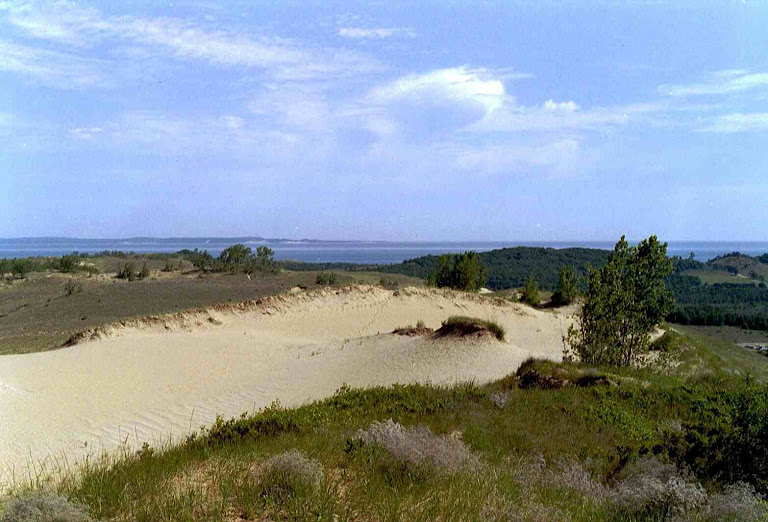Rosanna Warren's Departure (2003) takes its title from the triptych painted by Max Beckmann, and the title poem of the volume “splices quotations” from Max Beckmann and the 13th Century Italian poet Guido Guinizelli. Beyond subject matter, a brushstroke is felt in the use of words that suggest visual perceptions, as in the imagist “until dawn flushed away clots of night” (“Cyprian”, Departure 26). The poem “Bonnard” (Departure 107) reads like a critical evaluation of a painting where passion is lacking. Warren told Eric McHenry, “Poetry for me is very linked to drawing, very linked to the activity of the hand moving on the page in response to some sort of unease in the soul” (McHenry in Bostonia, Spring 2004). In “Sicily” the place is bound up with its art, the representations of the great scenes of Judaism, Christianity and Islam: the woman at the well, Jacob wrestling with the angel, Abraham ready to sacrifice Isaac where “Dawn polishes the silver blade of the sea’s horizon” (104). The prefatory poem, “Cassandra” speaks as much to what art can become as it does to the world situation. “Mud” begins “It’s not as simple as rhyming ‘mud’ and ‘blood’ “ and mentioning Wilfred Owen (33). The artistic representation of war interests Warren, and in “Dark Knowledge, Melville’s Poems of the Civil War” (1999) she writes, “Melville’s Battle-Pieces labor for their knowledge, and engage the reader in that struggle. Poem after poem pursues its quarry of truth, casting off illusory knowledge along with conventional poetic solutions.” This is what her own poetry does.
The entire third section of Departure is composed of two long, romantically passionate sequences. “Intimate Letters” is based on a true story between a Czechoslavakian composer and his muse, a married woman forty years younger than he. Charles Simic was overly quick to classify “From the Notebooks of Anne Verveine,” as a squandered opportunity. The poem presents Warren’s “etheric double” (to borrow an expression from Stained Glass 16). The imaginary fate of this unknown French poetess may represent what can happen to the talented who do not have the advantage of social status within French society.
Excerpted from an article submitted by JKC to Jeffrey Gray (ed.) The Greenwood Encyclopedia of American Poets and Poetry (2006).
Links:
Read Rosanna Warren's poems: "A Kosmos," New Yorker (November 5, 2007).
Listen to R.W. read her poem "Lake," on Slate (November 12, 2002).
Read Bio sketches for R.W. from Ploughshares (2006) and from the American Academy of Poets (www.poets.org).
See David Levine's caricature of Rosanna Warren from the New York Review of Books (March 11, 2004).
Watch: "The Motive for Metaphor," a two-hour round-table, with Ted Cohen, Paul Fry (moderator), Susan Stewart, Frederick Turner, and Rosanna Warren. Video from the Philoctetes Center (March 1, 2008)







